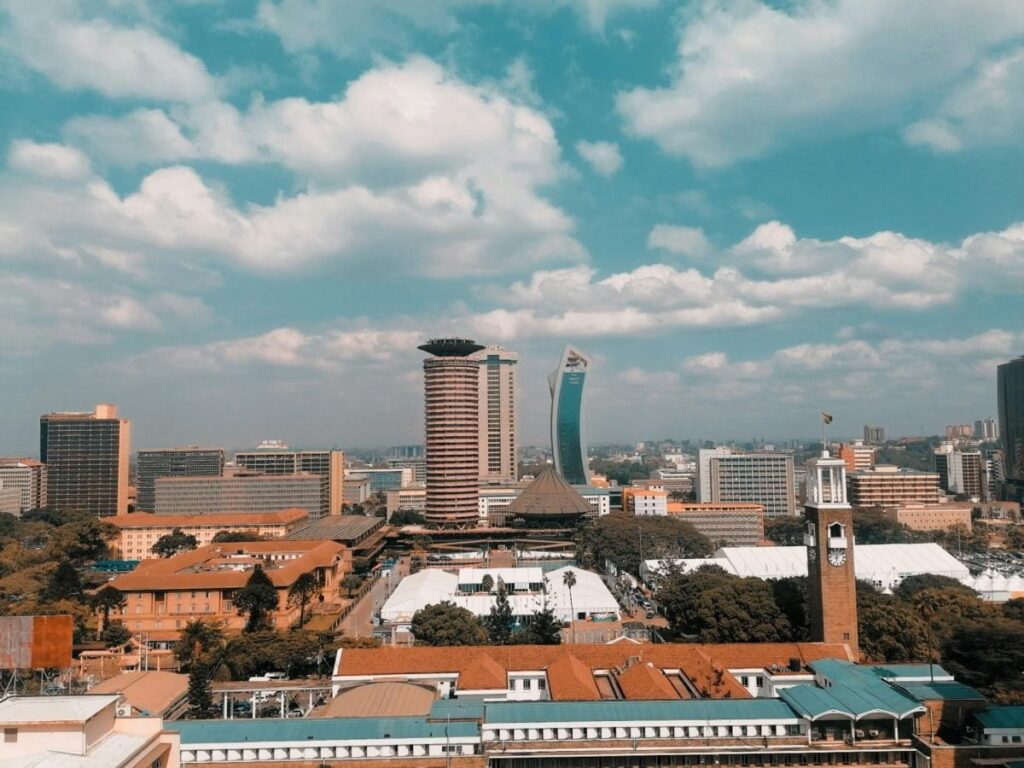In Summary
- Urbanization in Africa is booming, but will its cities be sustainable or overwhelmed by pollution and congestion? Some nations are taking the lead, investing in smart infrastructure, renewable energy, and climate-adaptive planning.
- In 2025, Rwanda’s Kigali will remain Africa’s cleanest and most efficiently planned city while South Africa expands its smart city projects.
- As climate change and rapid population growth pose new challenges, these 10 African countries stand out for their innovative policies, forward-thinking urban development, and commitment to building greener, more livable cities.
Deep Dive!!
What do Rwanda, South Africa, and Morocco have in common? They are among the African countries driving the future of sustainable urban development, positioning themselves as pioneers of green cities and climate-resilient infrastructure. As urbanization across the continent accelerates, more cities are making bold moves toward sustainability with innovative projects, green technologies, and smart planning.
Africa’s urban centers are becoming models for the world, with governments investing in sustainable energy, eco-friendly transport, and green building practices. Rwanda’s Kigali is often hailed as a shining example, while Kenya’s Nairobi is becoming a digital urban hub. South Africa, too, is blending technology with sustainability in cities like Cape Town and Johannesburg.
The question is: which African countries are truly setting the pace for a greener, more resilient urban future in 2025? Let’s explore the top 10 nations where groundbreaking urban initiatives are shaping Africa’s future.
10. Tanzania
Tanzania’s economic hub, Dar es Salaam, is projected to become one of Africa’s largest megacities by 2050. To prevent uncontrolled sprawl, the government has launched the Integrated Transport and Resilience Program, which includes flood-resistant roads, coastal protection projects, and a Bus Rapid Transit (BRT) system that reduces congestion.
Additionally, the Tanzania Renewable Energy Strategy is accelerating solar and wind power adoption in urban areas, ensuring sustainable electricity for growing cities.
9. Tunisia
Tunisia’s capital, Tunis, is undergoing a major green transformation. The government’s Tunisian Solar Plan aims to generate 30% of the country’s electricity from renewable sources by 2030, easing reliance on fossil fuels.
Tunis and Sfax are also expanding affordable eco-friendly housing projects with energy-efficient designs and waste recycling systems. The introduction of electric public buses and pedestrian-friendly zones is making cities more sustainable and livable.
8. Mauritius
Mauritius may be a small island nation, but it’s making big moves in sustainable urban planning. Port Louis now operates an AI-powered traffic management system, cutting congestion and emissions. The country is also investing in 100% renewable energy-powered buildings as part of its “Zero Carbon Mauritius” initiative.
Another key innovation is its Smart Water Grid, a digital system that detects leaks and reduces water wastage—critical for a country vulnerable to climate change.
7. Namibia
Namibia is setting an example in climate-smart urban planning. Windhoek operates Africa’s first large-scale direct potable water reuse plant, turning wastewater into safe drinking water.
The government has also committed to a Green Hydrogen Strategy, positioning Namibia as a key player in clean energy. In cities, solar-powered homes and electric vehicle infrastructure are gaining momentum, reducing reliance on fossil fuels.
6. Botswana
Botswana’s Gaborone Smart City Master Plan is revolutionizing urban life. The government is building climate-resilient housing, powered entirely by solar energy. The city’s smart grid system optimizes energy use, cutting costs and emissions.
Waste-to-energy plants are turning urban waste into electricity, while automated water management systems are improving access to clean drinking water in rapidly expanding areas.
5. Ghana
Ghana is rapidly becoming a hub for sustainable innovation. Accra’s “Smart City Project” integrates digital governance, smart grids, and electric public transport. The Green Building Ghana Initiative is encouraging the construction of solar-powered, water-efficient homes, making urban areas more eco-friendly.
In addition, Accra has rolled out a city-wide plastic waste recycling program, reducing pollution while creating jobs in the recycling industry.
4. Morocco
Morocco is leading Africa in renewable energy and sustainable urban design. Casablanca, Rabat, and Marrakesh are part of the country’s National Smart City Plan, integrating solar-powered street lights, electric trams, and vertical gardens to combat pollution.
The Ouarzazate Solar Power Station, one of the world’s largest, provides clean energy to urban centers. Morocco is also transforming its waste management sector by introducing waste-to-energy plants, reducing landfill dependency.
3. Kenya
Kenya’s capital, Nairobi, is a tech-driven city with a growing reputation as Africa’s “Silicon Savannah.” The government is expanding Konza Technopolis, a futuristic smart city with AI-controlled traffic systems, solar-powered housing, and fiber-optic infrastructure for seamless digital governance.
Kenya is also a leader in electric mobility, with startups rolling out electric buses and bike-sharing systems to cut urban pollution and dependence on fuel imports.
2. South Africa
South Africa remains at the forefront of sustainable urbanization, with multiple smart city projects in Johannesburg, Cape Town, and Durban.
The country is making huge strides in green energy integration, with solar and wind farms supplying power to urban areas. The government’s Energy Transition Plan is replacing coal plants with renewable energy, while Cape Town has introduced Africa’s first desalination plant powered entirely by wind energy.
Johannesburg is also pioneering AI-driven waste management, where sensor-equipped bins notify collection services when full, optimizing efficiency.
1. Rwanda
Rwanda has set the gold standard for sustainable urban development. Kigali is Africa’s cleanest and most efficiently planned city, with strict environmental regulations, 100% plastic bans, and extensive green spaces.
Rwanda’s Green City Kigali Project is creating a model eco-friendly urban neighborhood with solar-powered homes, rainwater harvesting systems, and electric public transport.
The country is also building Africa’s first drone-port system, allowing for efficient transport of medical supplies and goods, reducing congestion while boosting innovation.
https://www.africanexponent.com/top-10-african-countries-projected-to-lead-in-sustainable-urban-development-in-2025/


